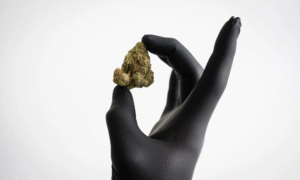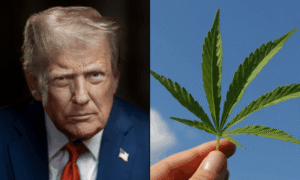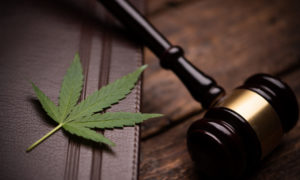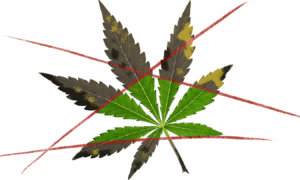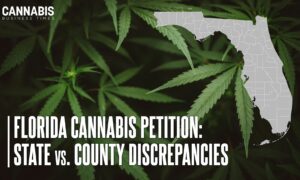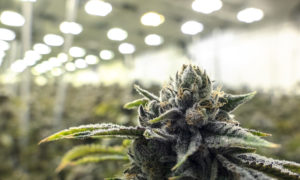DEA Delays Cannabis Rescheduling: What It Means

The decision to pause is fueling the growing skepticism
In the twisted labyrinth of American bureaucracy, where logic is a rare commodity and transparency is but a myth, the saga of cannabis rescheduling has taken yet another absurd turn. The Drug Enforcement Administration (DEA), the same institution that’s known for its unwavering commitment to outdated dogma, has once again deployed its favorite tactic: delay. This move has left advocates and industry players alike shaking their heads in frustration.
On the eve of what was to be a historic hearing—set for January 21, 2025—aimed at reconsidering the archaic classification of cannabis, the DEA’s Chief Administrative Law Judge, John Mulrooney II, pulled the rug out from under the proceedings. Citing the need for an “interlocutory appeal” to an agency head who doesn’t yet exist, Mulrooney effectively hit the pause button on the entire charade.
DEA’s Endless Tap Dance
The DEA’s decision to pause proceedings fuels growing skepticism about the agency’s commitment to reform. Critics also allege the DEA has been colluding with prohibitionist organizations like Smart Approaches to Marijuana (SAM), a group known for peddling fear and misinformation about cannabis.
Adding yet another layer to this bureaucratic farce, the Justice Department has chimed in, suggesting that a federal court should put a pin in a lawsuit challenging the DEA’s rescheduling process. Their reasoning? The DEA’s own judge has already canceled the hearings, rendering the lawsuit a moot point—for now. It’s a classic case of governmental pass-the-buck, with each agency deftly avoiding responsibility while the public remains ensnared in a web of red tape.
As the nation teeters on the edge of another political maelstrom with the incoming Trump administration, the future of cannabis reform hangs in the balance. The DEA, ever the stalwart defender of the status quo, seems content to maintain its Sisyphean struggle against the tide of public opinion and scientific evidence. One can only hope that reason will eventually prevail, but in the current climate, that hope continues to feel like a mirage.
To Read The Rest Of This Article On Cannabis & Tech Today, Click Here



